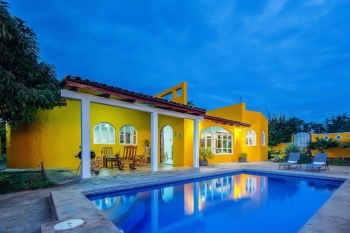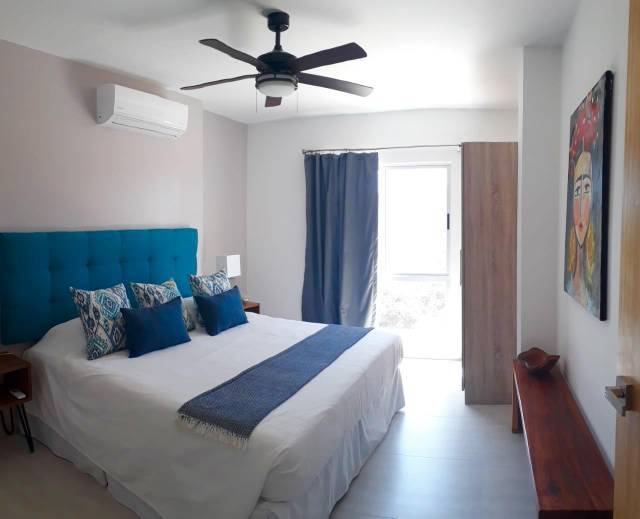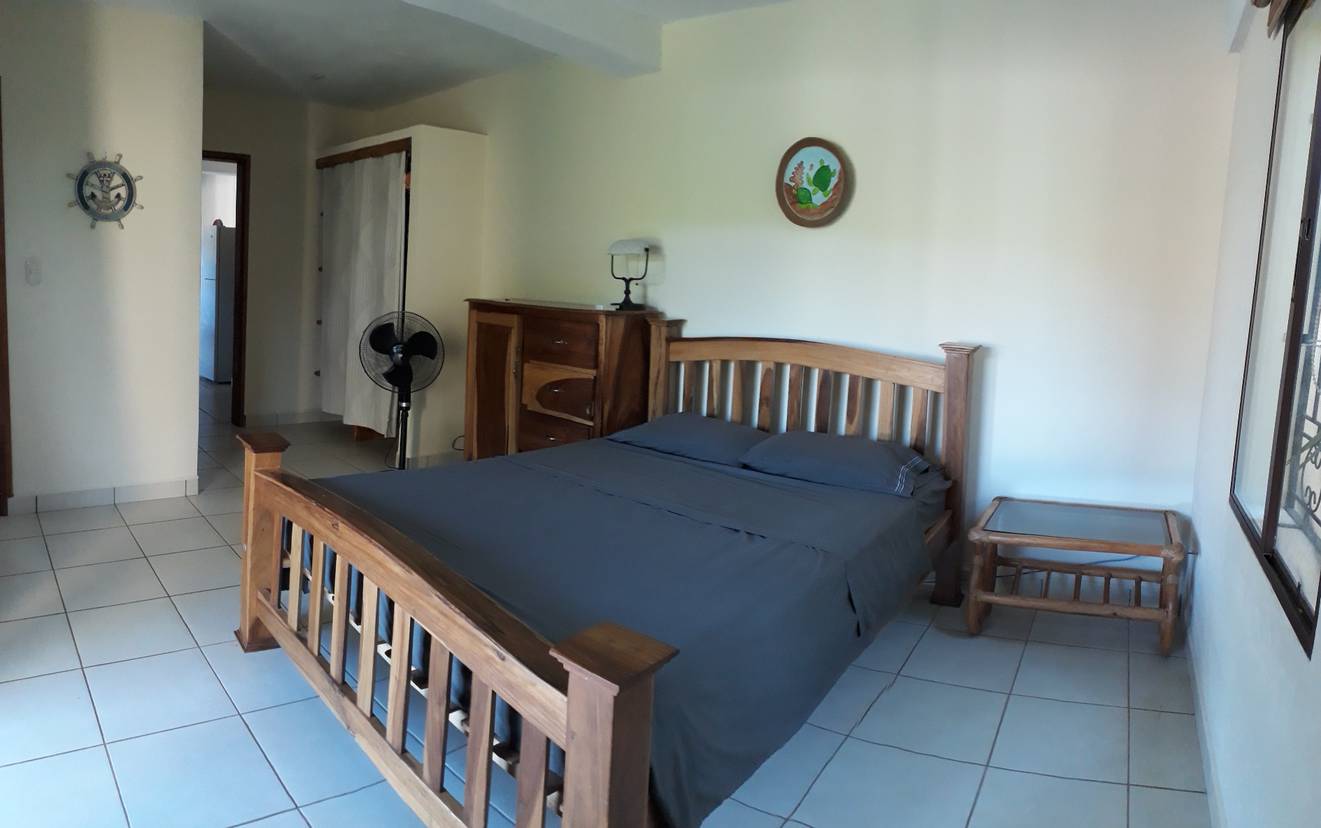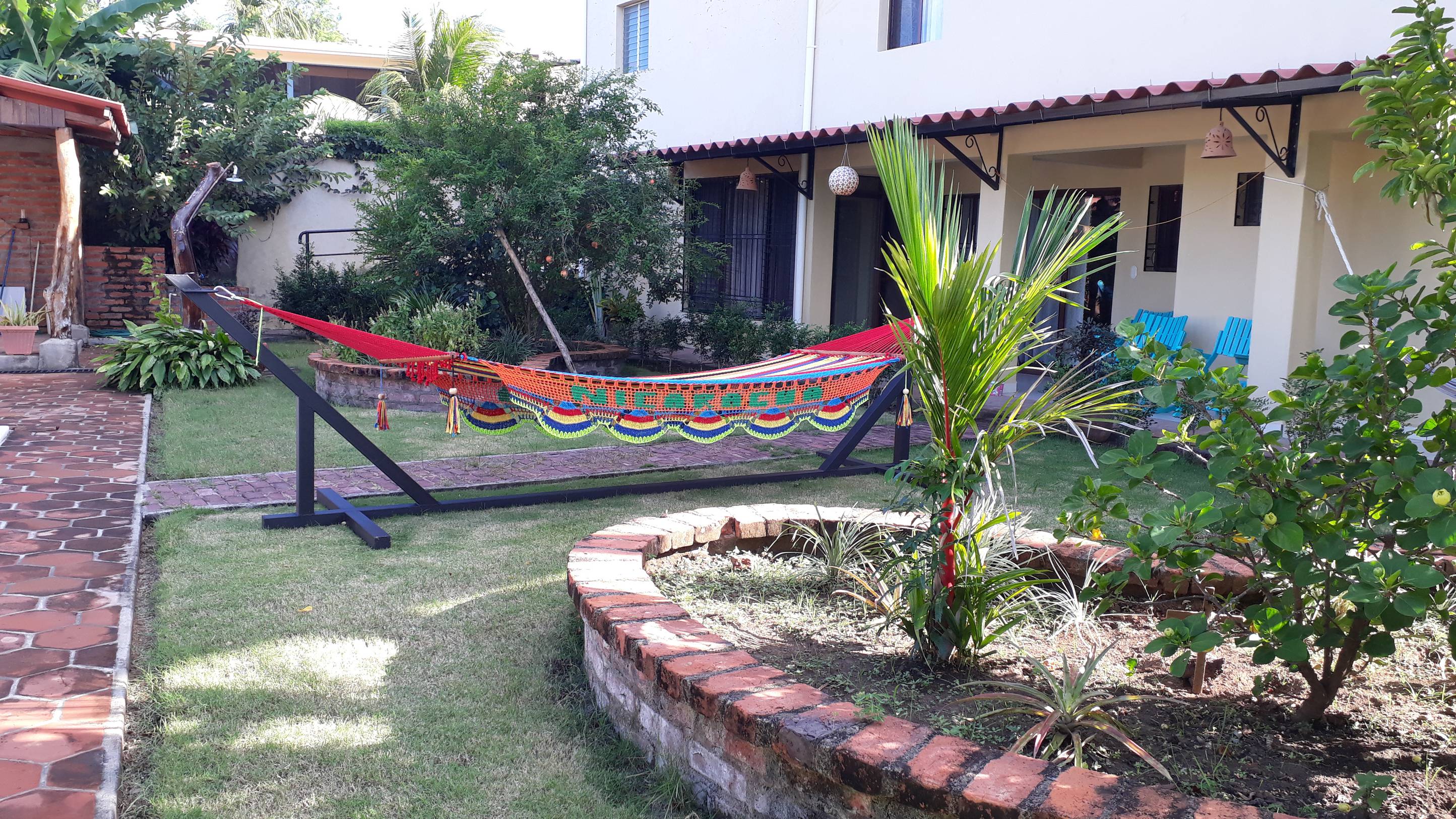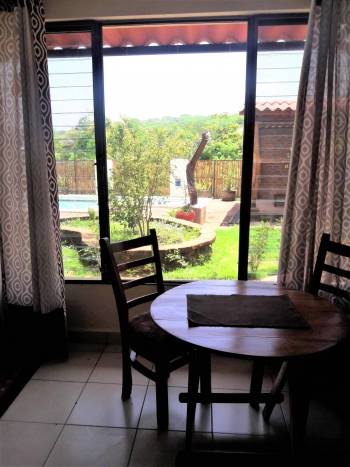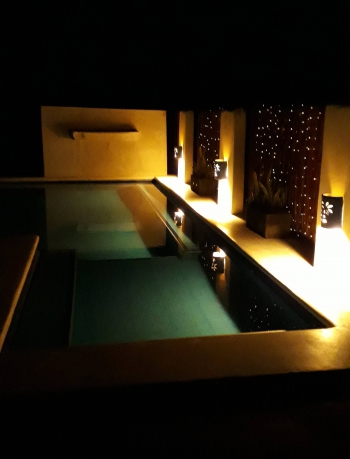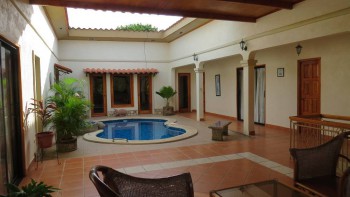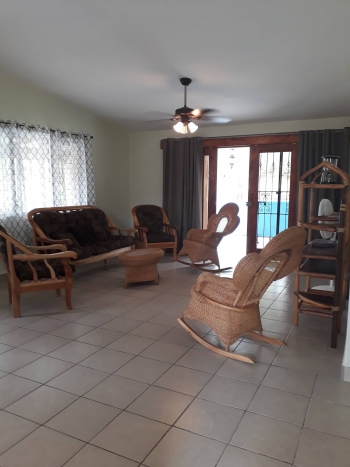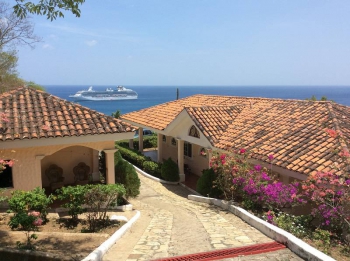Health
Vaccinations
You may need some vaccinations if you are visiting Nicaragua. These are general guidelines:
Yellow Fever: vaccination certificate compulsory if you travel from a country where Yellow Fever is endemic.
Malaria: pills recommended if you leave the urban areas
Hepatitis A: recommended
Hepatitis B: recommended if you stay longer than 3 months
Rabies: recommended if you stay longer than 3 months
Typhoid: recommended if you stay longer than 3 months
Some of these vaccinations don’t give you immunity. You can achieve the best protection by making sure your food is safely prepared, by not drinking tap water, and by avoiding mosquito bites (wear repellent, use mosquito nets, etc.).Consult a doctor at least two months before leaving to find out what vaccinations you need for your trip.
Water
Water is abundant in Nicaragua during the raining season, but there can be shortages during the dry season. The better hotels and restaurants often have water storage tanks, but others do not offer this service and it can therefore happen that there is no water for a couple hours a day. Especially outside the bigger cities you can encounter this problem, which can be uncomfortable but is simply an aspect of traveling in Nicaragua.
Tap water can contain more chlorine than you might be used to, and drinking it is not recommended. Bottled water is available throughout Nicaragua, even in the smallest towns. The price is low and the water quality is high.
Safety
As traveler, you must take safety precautions in mind when traveling to Nicaragua. In fact, you should take those precautions in mind when traveling to any country. There are certain particularities concerning safety that should be kept in mind, but overall Nicaragua is a safe country. Unfortunately, what Nicaragua mostly characterized is a bad reputation based on wrong assumptions and outdated stories.
Nicaraguan safety should be put in perspective. When comparing the country to a quiet village in western Sweden, then yes, Nicaragua is not so safe. When comparing it to its neighboring countries, Nicaragua can be categorized as one of the safest countries. Extreme violence, kidnapping, or combating gangs are all very rare phenomenons in Nicaragua. Petty theft and robberies do occur in Nicaragua. By following the next three suggestions, the risks can be easily minimized:
-
Ask
locals and other tourists about the area
Hotel employees, taxi drivers, or simply ‘people on the street’ will be very helpful in pointing out any safety issues that might exist. By asking these people as well as other tourists you will easily get an updated idea of the situation. -
Be
cautious and do not openly demonstrate your wealth
Paying your hamburger on the street with money from your bursting wallet full of dollars could be tempting to some people and means you take unnecessary risks. If you have to carry large amounts of money with you, do not take it out for every small transaction. Do not invite robberies. Keep an eye on your luggage when traveling, and keep valuables close and store them safely. -
Stay
at safe hotels
Why going to all the trouble of protecting your valuables while on the road if you are leaving the same valuables behind in shabby hotels with poor safety standards? It is helpful to inspect the rooms before making your decision, and another great help in selection hotels can be found on this website, at our hotel guide, where we have done our best efforts to select safe and adequate hotels.
The most important aspect in the level of safety will be your own behavior. By acting responsible and by taking the abovementioned and other regular traveling precautions in mind, your trip to Nicaragua will most likely be a very safe one, just as the vast majority of other tourists’ experiences. Furthermore, we have collected information from governmental sources including foreign embassies and the Nicaraguan police regarding safety issues in certain places. Below we discuss the areas involved.
Managua
Nicaragua’s capital has a bad reputation concerning safety, but the city is in fact one of the safest capital cities in Central America. Many of the attractions remain unexplored by tourists. Except for a few neighborhoods, Managua offers everything for a great and safe stay. Reparto Schik and Barrio Jorge Dimitro are two neighborhoods that should be avoided. This is not hard, as they offer no tourism attractions whatsoever. The area around the national stadium and around the shores of Lake Managua should also be avoided at night. The Ticabus terminal, close to the stadium, is not a safe place to walk around. Tourist robberies are frequently reported. The budget hotels around the bus terminals should also be avoided. Instead, find another hotel and take a taxi from the bus terminal. Please take these last recommendations in mind:
- At the bus terminals located at various markets in Managua, keep your valuables close by as these terminals can be very hectic.
- Take taxies at night instead of walking.
- When traveling in taxies, make sure to check for the red license plate and photo and registration of the driver, which should be placed visible on windshield.
Corn Islands
Due to their location, the Corn Islands are used as stop-over by drug traffickers who travel over water from Columbia and head to Mexico and the United States. The Nicaraguan coastguard as well as the U.S. Drug Enforcement Administration (DEA) operates at the islands and along the coast. On occasion, chased drug traffickers dump their cargo into sea, which later might end up at the Corn Islands. Furthermore, there have been problems concerning armed robberies on both Big and Little Corn Island. Recently (September 2005), the police have permanently installed three policemen on Little Corn Island, in cooperation with the ministry of tourism (INTUR) and hotel owners. This is a promising measure as the lack of law enforcement made many of the robberies possible. The U.S. Embassy has pledged to donate $200,000 to build a police station on Big Corn Island. These recent measures give hope that the problems at the Corn Islands are finally taken seriously and hopefully results will soon be seen.
At this moment, you should take extra precaution when traveling to the Corn Islands. The pristine islands still offer great opportunities for travelers, but it is advisable to ask the locals and other travelers about the current status and areas to avoid. By doing so, you can easily avoid many of the problems and enjoy the other, beautiful and safe parts of the island.
Rural Parts of Northern Nicaragua
In the rural parts of northern Nicaragua, landmines left during the war are not all cleared. Do not venture off main roads or hike through unknown areas without a guide. Small, armed gangs posed a sporadic threat in the mine-triangle (between Siuna, Rosita and Bonanza), and driving at night is not recommended.
In Conclusion
The regular risks travelers face everywhere, can also be faced in Nicaragua. By taking some simple precautions and by avoiding certain areas, the risks can be easily minimized and you can enjoy a great and safe trip.



